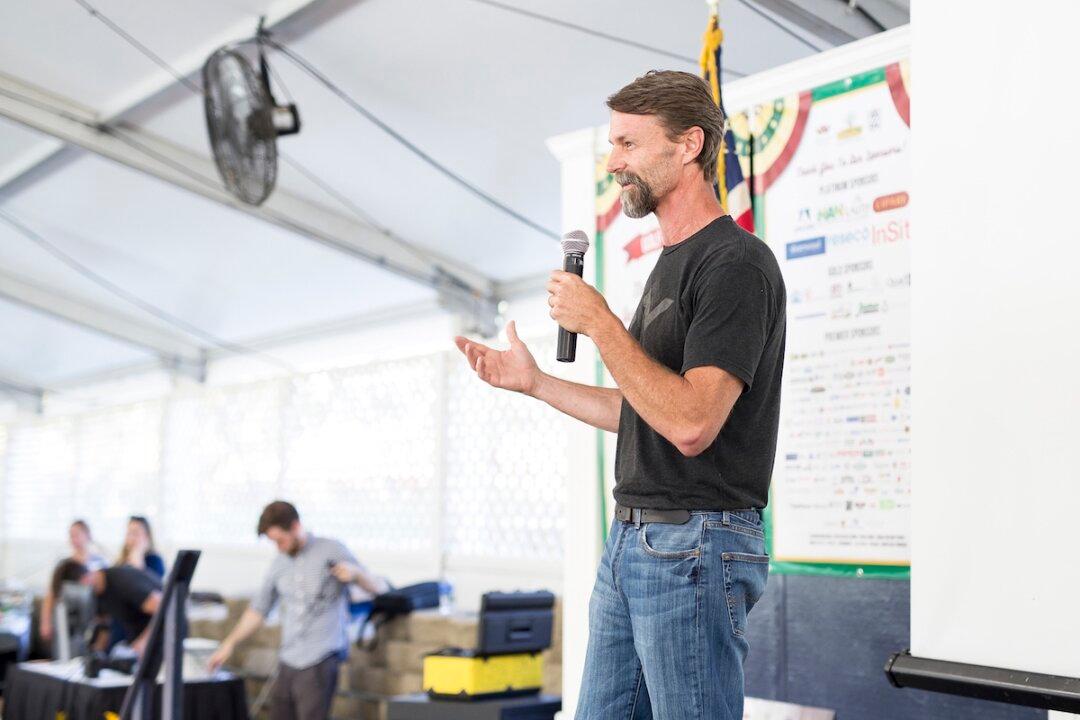Our nation’s veterans often return from war with both physical and emotional scars, and it can be difficult to talk about them with people who just don’t understand. One veteran endured his own struggles, and now he’s helping others cope with their own, soldier to soldier.
Tom Spooner is 49 years old, and lives in Whispering Pines, North Carolina. When he was 20 years old, he enlisted in the United States Army in 1990. Growing up, all he ever wanted to do was to join the military. Furthermore, his grandfather was a World War II veteran, and his uncle was a Vietnam War veteran.






